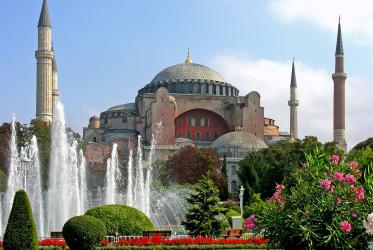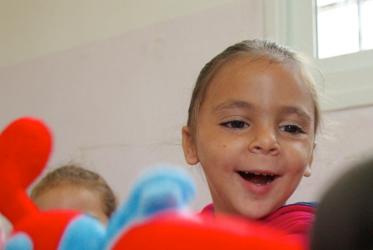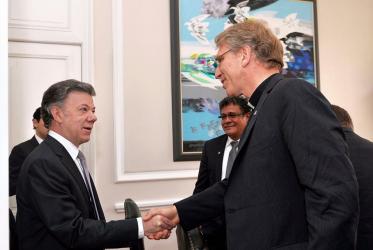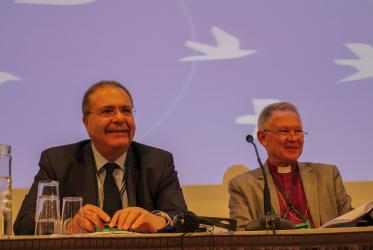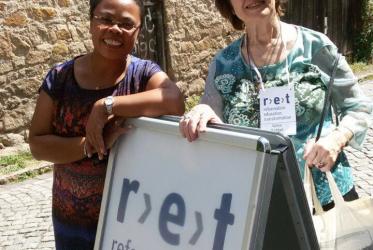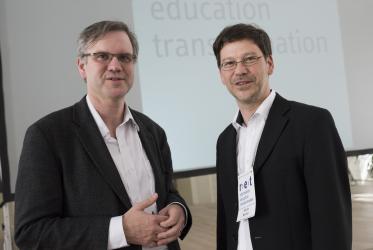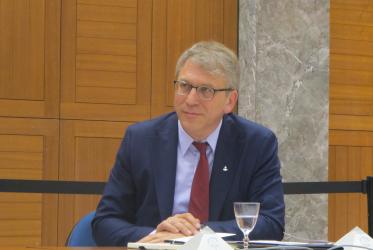Displaying 161 - 180 of 293
21 September 2016
Owe Boersma will strive for equilibrium as EAPPI coordinator
18 August 2016
Facilitating peace with passion
26 July 2016
WCC welcomes ceasefire agreement in Colombia
25 June 2016
Is there hope for the Middle East?
25 June 2016



